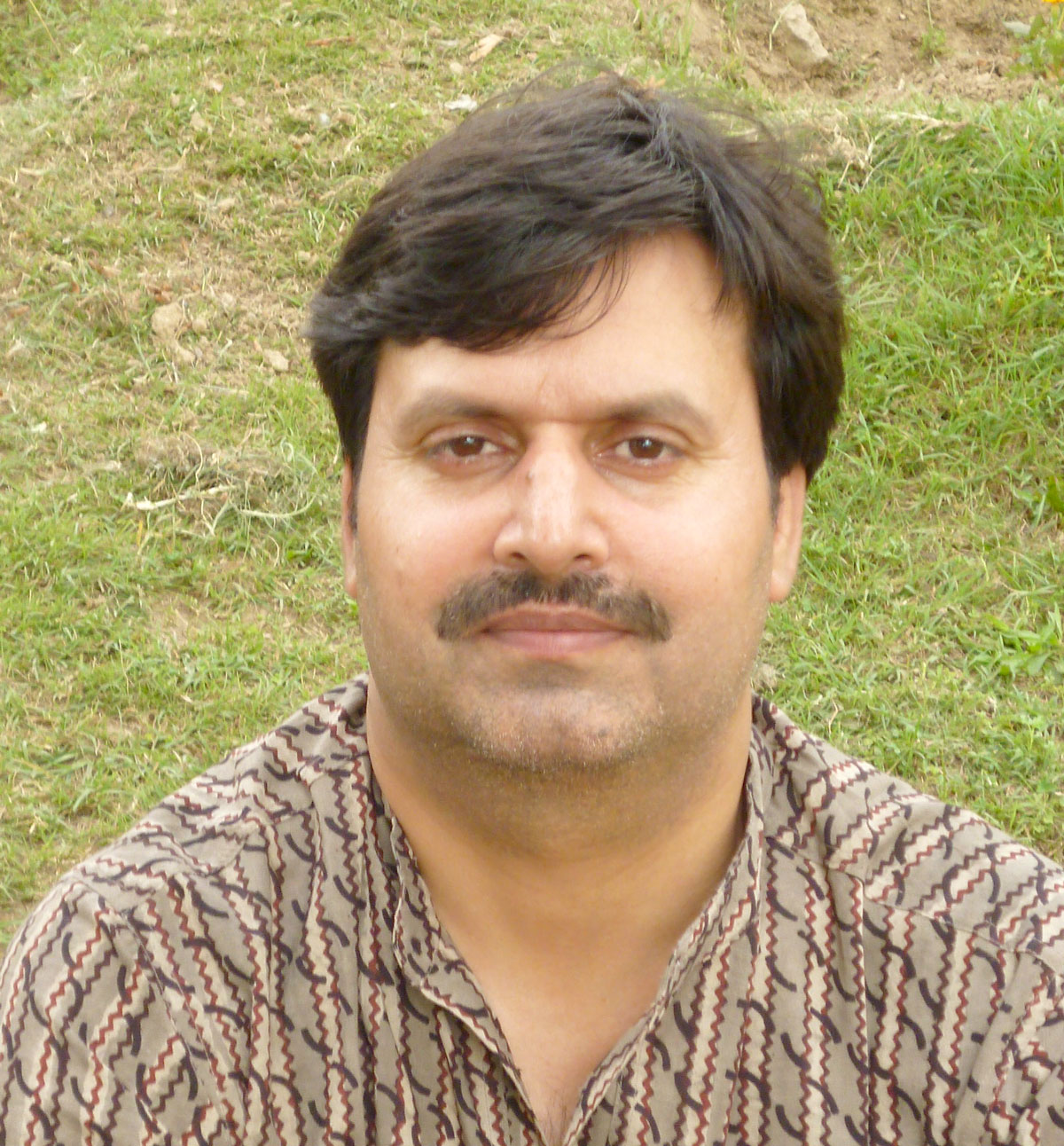by Riyaz Wani

If anything the slapping of the Public Safety Act (PSA) on Omar Abdullah and Mehbooba Mufti has made it clear that New Delhi has no immediate plan to release the three former J&K Chief Ministers including Dr Farooq Abdullah who is already in detention under the law. And there seems to be an excellent reason for it to do so. By keeping the three leaders out of circulation, the centre has effectively decapitated the two dominant Kashmir based parties National Conference and the PDP. And together with other major leaders also in jail, the political activities of these parties have been brought to a stop. In the past six months, neither of the two parties have ventured to hold a rally or a press conference.
In the consequent political vacuum has plunged a group of defectors from the PDP led by the party’s former senior leader Altaf Bukhari. A prominent industrialist of the Valley, Bukhari was a finance minister in the PDP-BJP coalition that ruled J&K until June 2018 when the BJP withdrew its support. J&K has been ruled from centre ever since, first through a Governor and now following the downgrading of the state into a union territory through a Lieutenant Governor.
The PDP expelled Bukhari in January 2019 after he was accused of taking repeated anti-party positions. Ironically a month before he was the consensus candidate for chief ministership when the NC, the PDP and the Congress tried unsuccessfully to form a coalition government to pre-empt the BJP from forming one by poaching on their legislators.
Bukhari has since moved on. Once an important member of a party that demanded self-rule for Kashmir, Bukhari is now willing to move beyond the revocation of Article 370 that granted J&K its semi-autonomous character under India’s constitution. He is at the vanguard of a new politics that is designed to replace the one practiced by the likes of the NC and the PDP. And this politics is deemed to enjoy the ashirwaad of New Delhi.
The idea underpinning it is an ambitious one: to supplant the pro-establishment politics that nods to the long-running political conflict in the Valley and seeks its resolution in its internal and external dimensions. This politics runs antithetical to the BJP’s nationalistic ideology. The saffron party wants a local politics that is pro-India. And this politics requires leaders with little ideological pretensions.
It is here that Bukhari seems to have come in handy. In his statements and activities so far he has said and done nothing that could annoy New Delhi. He has tried though to perform a tough balancing act by playing to the grievances in Kashmir and at the same time not opposing New Delhi’s August 5 move.
His memorandum to the Lieutenant Governor Girish Chander Murmu last month, reveals it all. It was designed to address both the constituencies: New Delhi and people of Kashmir.
“The majority of its (J&K) residents are yet to reconcile with this decision, (revocation of Article 370)” the memorandum reads. “Fact of the matter is that a majority of people in Jammu and Kashmir feel hurt and there are vocal concerns wherein they feel their decades-long privileges were unceremoniously curtailed”.
As is apparent the memorandum stays short of demanding restoration of Article 370, only seeking protection of domicile rights for the people of J&K. It seeks restoration of statehood to J&K, exclusive rights for locals over land and government jobs and economic packages for different sectors among other demands.
In a sense, the memorandum frames the contours of new Kashmir politics around three issues: domicile rights, protection of local jobs and the demand for statehood.
By taking up these issues and steering clear of the demand for the reversal of the withdrawal of Article 370, Bukhari has agreed to play the ball along with another major leader, the PDP patron and its founding member Muzaffar Hussain Beigh. Though still a member of the PDP, Beigh in recent past has moved his political outlook closer to the centre’s position. And in doing so, he seems to have defied his party president Mehbooba, while staying put within the PDP.
Having been in play over the past two months, this new politics is poised to take its next leap. Bukhari led a group of leaders is due to meet Prime Minister Narendra Modi and home minister Amit Shah with a petition to restore statehood to J&K and domicile rights to its people. Bukhari is also expected to launch a new political party.
But will their politics resonate with people? Well, that remains to be seen. But if the past is any guide, this seems unlikely to be the case. More so, if the NC and the PDP resume their activities.
But one thing is certain: as long as centre protects Bukhari and Beigh from any opposition by keeping the established political leaders under detention, they are certain to draw attention, if not gain relevance in the changing situation.














